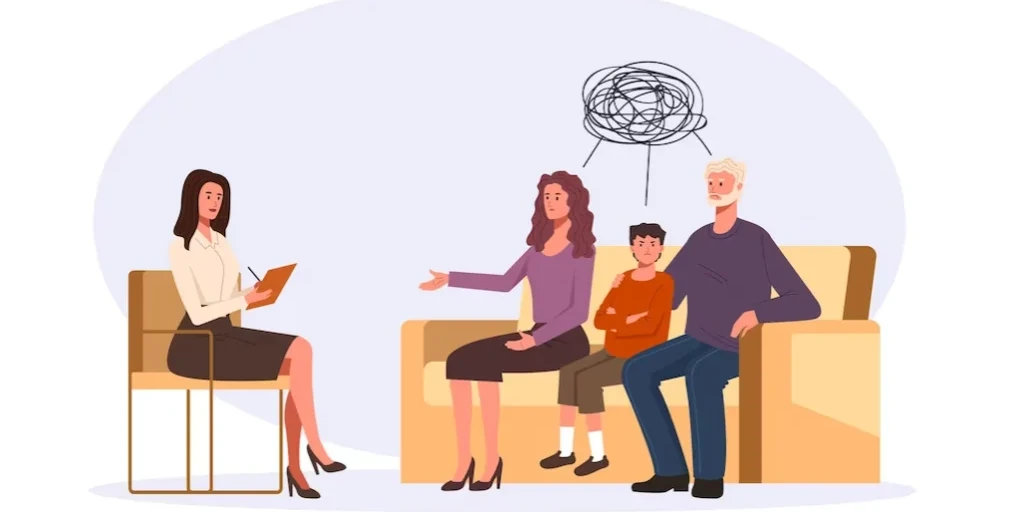24/7 Helpline:
(866) 899-221924/7 Helpline:
(866) 899-2219
Learn more about Morphine Detox centers in Union County

Other Insurance Options

Excellus

Ceridian

Holman Group

BHS | Behavioral Health Systems

Regence

Horizon Healthcare Service

Magellan Health

ComPsych

Health Choice

Aetna

Self-pay options

CareFirst

WellCare Health Plans

Absolute Total Care

Highmark

AllWell

BlueShield

MHNNet Behavioral Health

BlueCross

Sliding scale payment assistance

Center for Human Development
Center for Human Development is a private rehab located in La Grande, Oregon. Center for Human Devel...

Jonathan M. Wainwright Memorial VA Medical Center – La Grande VA Community Based Outpatient Clinic
Jonathan M. Wainwright Memorial VA Medical Center - La Grande VA Community Based Outpatient Clinic p...
















































































Heart Steps Counseling Services
Heart Steps Counseling Services is a private rehab located in La Grande, Oregon. Heart Steps Counsel...

Grande Ronde Recovery
Grande Ronde Recovery is a private rehab located in La Grande, Oregon. Grande Ronde Recovery special...


















